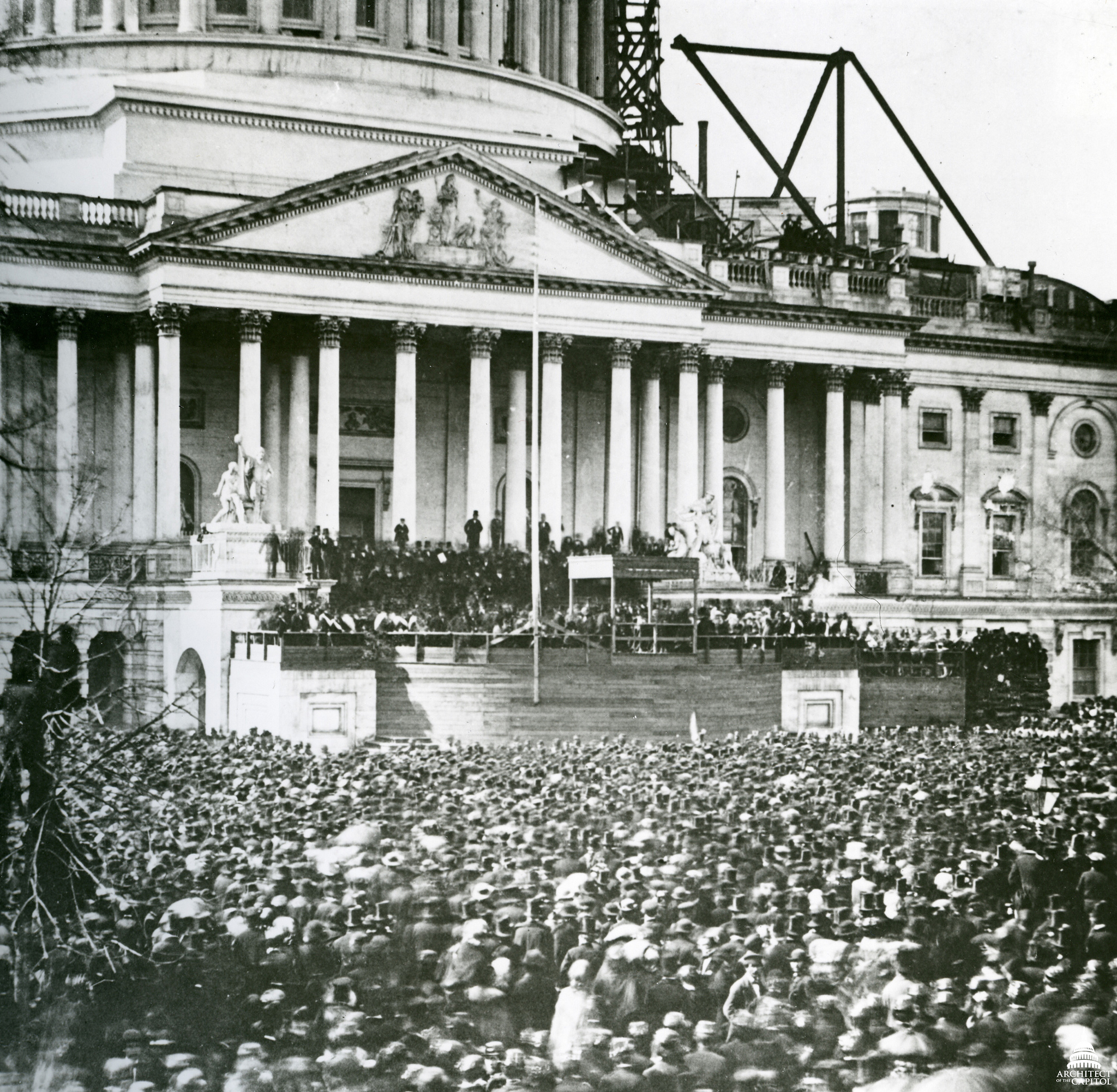
Two men wash up on the shores of Netherlands and Norway, more than two months apart, dressed in identical wetsuits. Who were they, and where did they come from? The story is the most powerful piece of journalism I’ve read this year.
Writing in Foreign Affairs, Charles King argues that due to a toxic political environment and a narrow definition of national security, America is turning away from intellectually curious, meaningful international studies. Relatedly, what does “policy relevance” actually mean?
Two takes on the scant evidence supporting decapitating terrorist organizations, one from Jason Lyall, and the other from Joshua Keating.
Kate Cronin-Furman writes on how the perceived ICC bias against Africa is mostly down to the structural constraints of international politics.
The jihadist falling-out: how ISIS and al Qaeda grew apart, despite the best efforts of prominent jihadist intellectuals. But in a world where the two are enemies, could al Qaeda provide a more moderate counterweight to ISIS in the Islamic world? And is the United States too slow to recognize this historic opportunity?
Using survey data from Monrovia, Liberia, Bernd Beber, Michael Gilligan, Jenny Guardado, and Sabrina Karim reveal the truly shocking scale of transactional sex among UN peacekeepers.






